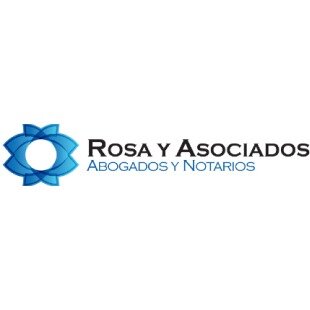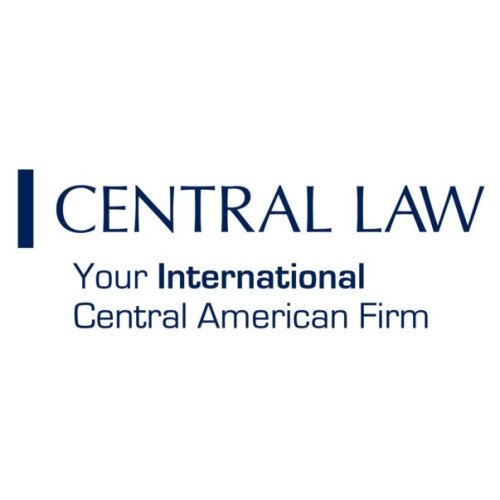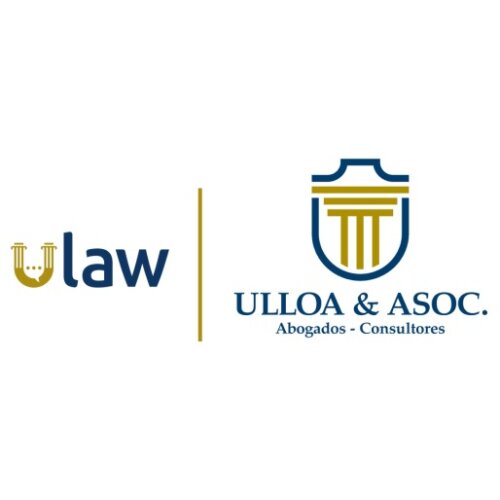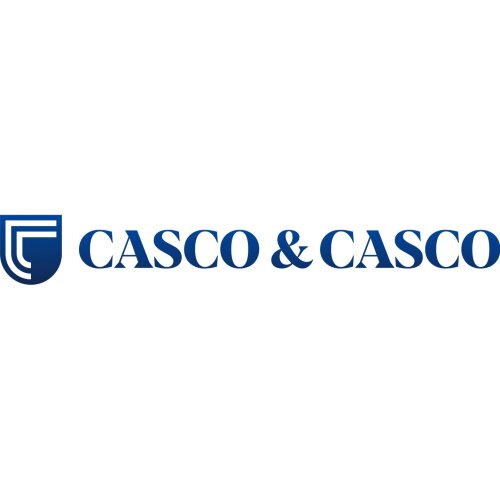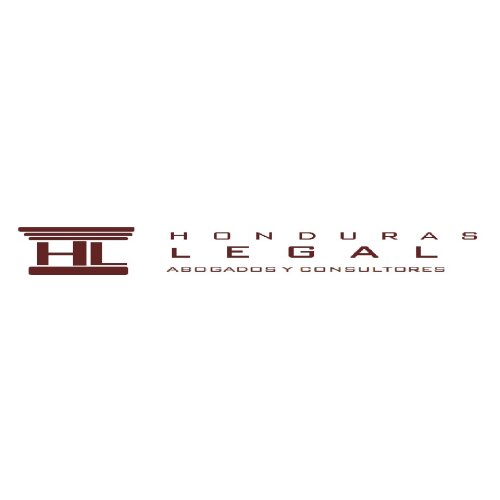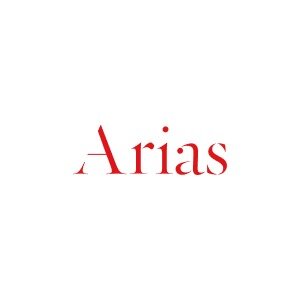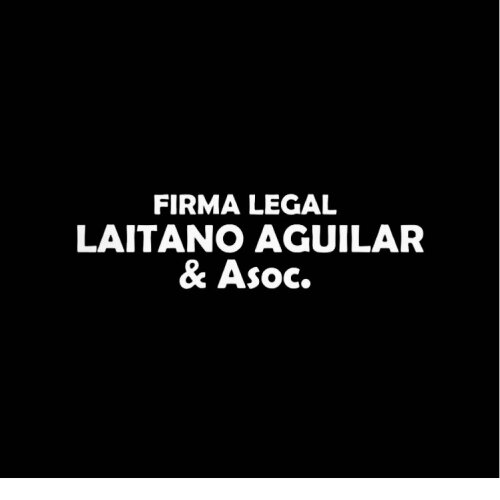Best Structured Finance Lawyers in Honduras
Share your needs with us, get contacted by law firms.
Free. Takes 2 min.
Or refine your search by selecting a city:
List of the best lawyers in Honduras
About Structured Finance Law in Honduras
Structured finance in Honduras refers to complex financial transactions that go beyond traditional lending or financing methods. It generally involves pooling different types of financial assets - such as receivables, loans, or mortgages - and creating new securities backed by these assets. This helps companies raise capital, transfer risk, and access new sources of funding. In Honduras, structured finance can support corporate investments, infrastructure development, real estate projects, and public sector initiatives. Laws and regulations governing these transactions aim to balance innovation in financial markets with the protection of investors, borrowers, and the broader economy.
Why You May Need a Lawyer
Structured finance arrangements often involve a web of contracts, complicated legal structures, and strict compliance obligations. You may need a lawyer if you are:
- Planning to issue asset-backed securities or participate in securitization transactions
- Investing in structured products or debt instruments in Honduras
- Negotiating or drafting complex financing agreements
- Dealing with cross-border aspects such as foreign investors or assets held abroad
- Resolving disputes related to structured finance deals
- Ensuring compliance with local regulations, anti-money laundering (AML) laws, or disclosure requirements
- Advising on tax, insolvency, or creditor rights matters within structured transactions
Local Laws Overview
In Honduras, structured finance is influenced by several legal frameworks aimed at regulating capital markets, lending practices, and investor protections. The following are key areas relevant to structured finance transactions:
- Securities Law: The Securities Market Law (Ley del Mercado de Valores) sets the groundwork for the issuance and trading of securities, including asset-backed securities typically used in structured finance.
- Banking Law: Regulates participation of financial institutions in securitization and governs lending practices.
- Trust Law: The Law on Trusts (Ley de Fideicomisos) allows for the creation of trusts - a common vehicle for holding and managing asset pools.
- Taxation: Tax treatment of structured finance transactions is an important consideration, including withholding taxes and VAT implications.
- Anti-Money Laundering (AML): AML regulations require thorough due diligence on the origin of assets and compliance with reporting standards.
- Cross-border Regulations: Transactions involving foreign parties must comply with both Honduran law and any applicable international law or treaties.
It is essential to consult legal experts when structuring these transactions to ensure compliance and effective risk mitigation.
Frequently Asked Questions
What is structured finance?
Structured finance refers to financial transactions that use complex arrangements such as securitization, collateralization, or the pooling of assets to create new financial products or raise capital.
Who regulates structured finance in Honduras?
The National Banking and Insurance Commission (Comisión Nacional de Bancos y Seguros or CNBS) and the National Securities Commission (Comisión Nacional de Valores) oversee activities related to structured finance, including securities issuance and trust management.
Can foreign investors participate in structured finance deals in Honduras?
Yes, foreign investors can participate in structured finance transactions, but they must comply with local laws on foreign investment, taxation, and anti-money laundering.
Are there any restrictions on the types of assets that can be securitized?
Not all assets qualify for securitization. Typically, assets like receivables, mortgages, or loans with predictable payment streams are suitable. Some regulated assets require specific authorization.
What legal vehicles are used for structured finance in Honduras?
Trusts (fideicomisos) are commonly used to hold and manage pooled assets. Special purpose vehicles (SPVs) may also be established to isolate risk and facilitate transactions.
What are the main risks involved in structured finance?
Risks include credit risk, market risk, legal and regulatory compliance risk, and potential insolvency of involved parties. Proper legal structuring and due diligence are key to managing these risks.
How are disputes resolved in structured finance transactions?
Disputes may be resolved through negotiation, arbitration, or local courts, depending on the terms of the contracts and the parties involved.
Is public offering of structured finance products allowed in Honduras?
Public offerings must comply with the Securities Market Law and require registration with the relevant regulatory authorities. Private placements may have different requirements.
What are the ongoing reporting and compliance obligations?
Issuers and managers of structured finance products must provide regular reports to regulators and investors and comply with anti-money laundering, transparency, and audit requirements.
Do I need a local lawyer for structured finance transactions in Honduras?
It is highly recommended to engage a Honduran lawyer familiar with the local legal and regulatory environment to ensure that every aspect of the transaction is properly structured and compliant.
Additional Resources
For more information on structured finance in Honduras, consider these entities and resources:
- National Banking and Insurance Commission (CNBS) - The main financial market regulator
- National Securities Commission (Comisión Nacional de Valores) - Oversees securities offerings and capital market activity
- Honduran Bar Association (Colegio de Abogados de Honduras) - Source to find qualified legal professionals
- Local law firms specializing in banking and finance law
- Honduran Chamber of Commerce and Industry - Information on business and financial regulations
Next Steps
If you need legal assistance with a structured finance transaction in Honduras, follow these steps:
- Assess your needs and clarify the specifics of your potential transaction or issue.
- Consult a qualified Honduran lawyer or law firm with expertise in structured finance and capital markets.
- Prepare detailed documentation about your assets, intended transaction structure, and involved parties.
- Engage counsel early to analyze risks, compliance requirements, and optimal transaction structure.
- Ensure ongoing legal support for contract negotiation, regulatory filings, and compliance monitoring throughout the life of your transaction.
Taking these steps will help protect your interests, minimize legal risks, and increase the success of your structured finance activities in Honduras.
Lawzana helps you find the best lawyers and law firms in Honduras through a curated and pre-screened list of qualified legal professionals. Our platform offers rankings and detailed profiles of attorneys and law firms, allowing you to compare based on practice areas, including Structured Finance, experience, and client feedback.
Each profile includes a description of the firm's areas of practice, client reviews, team members and partners, year of establishment, spoken languages, office locations, contact information, social media presence, and any published articles or resources. Most firms on our platform speak English and are experienced in both local and international legal matters.
Get a quote from top-rated law firms in Honduras — quickly, securely, and without unnecessary hassle.
Disclaimer:
The information provided on this page is for general informational purposes only and does not constitute legal advice. While we strive to ensure the accuracy and relevance of the content, legal information may change over time, and interpretations of the law can vary. You should always consult with a qualified legal professional for advice specific to your situation.
We disclaim all liability for actions taken or not taken based on the content of this page. If you believe any information is incorrect or outdated, please contact us, and we will review and update it where appropriate.
Browse structured finance law firms by city in Honduras
Refine your search by selecting a city.



